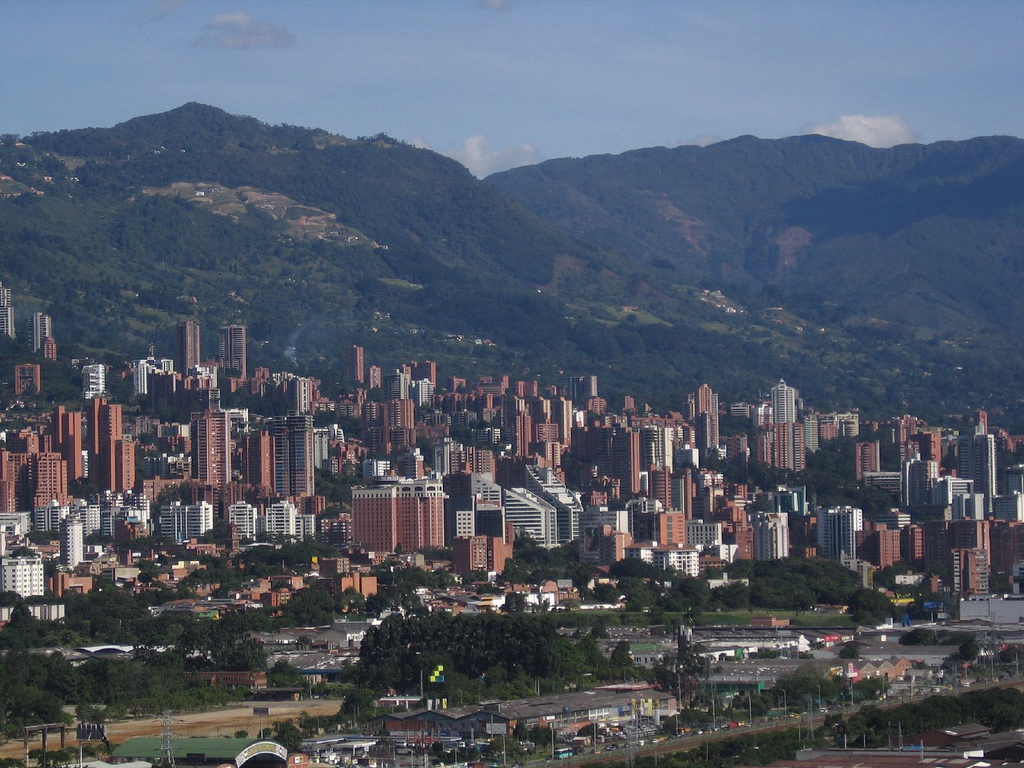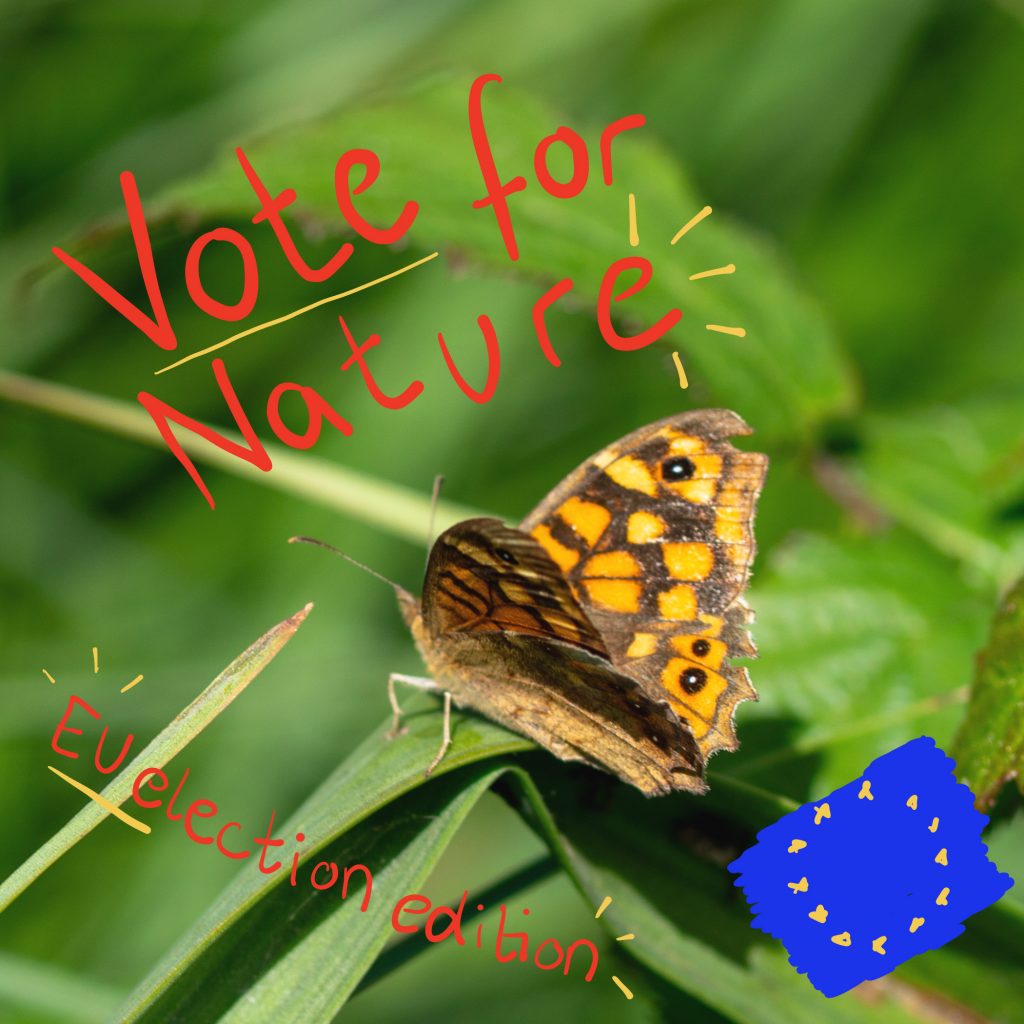Yellow rays break the dancing surface of the Atlantic ocean. A school of sardines anxiously hushes through the curtain of the afternoon light. It looks like a show of coordinated chaos performed on a spectacularly lit, wild natural stage. I watch in awe as I hover underwater, trying to take in as much of the scene as I can, before making my way back up to breathe.
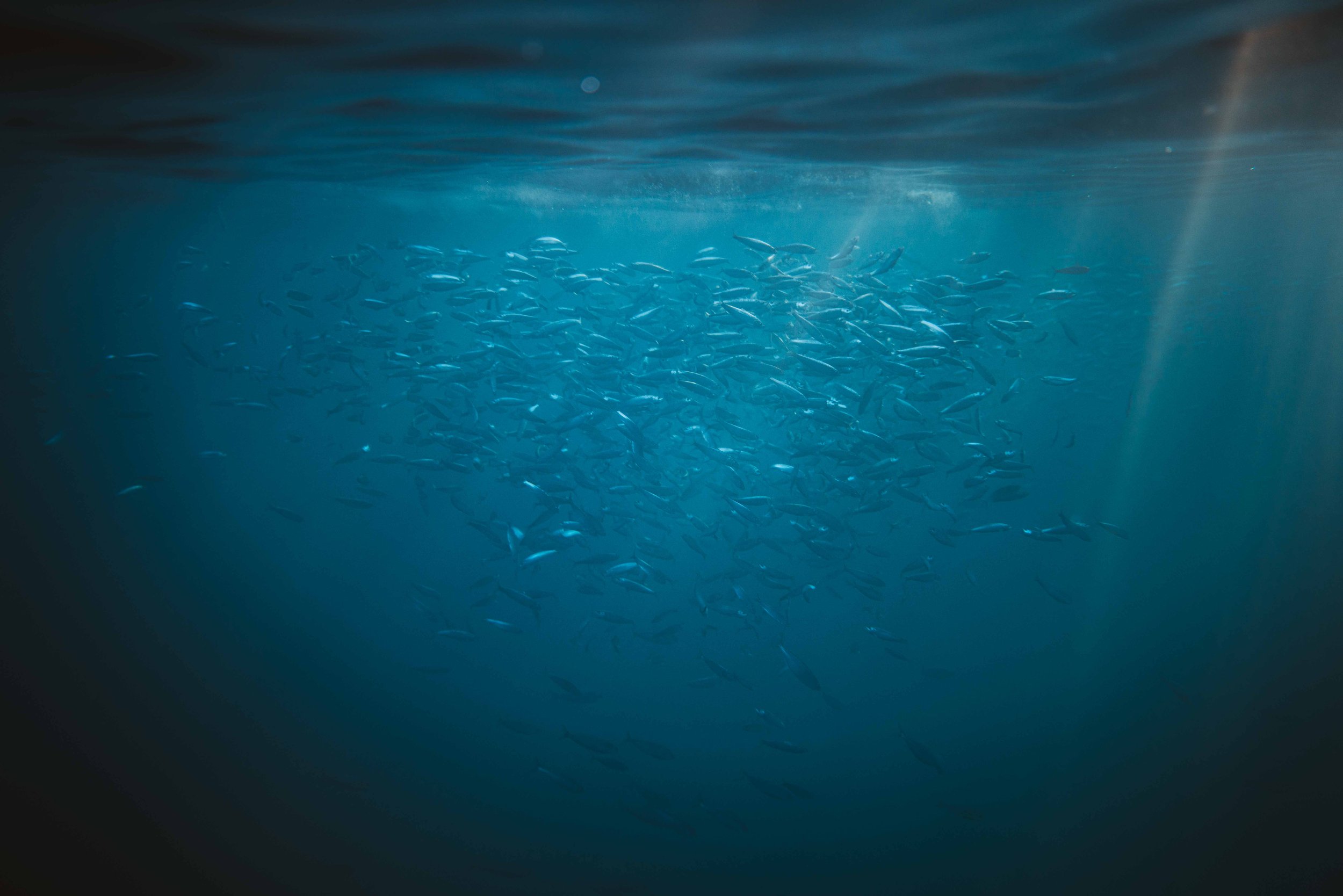
Photo: marcusfriedrich.media
Time and time again these moments leave me mesmerised by how brilliant, how unimaginably creative, diverse and beautifully chaotic the natural world is. And yet it makes me wonder how much bigger, more diverse and frequent these events must have been 100, 500 or even 2000 years ago!
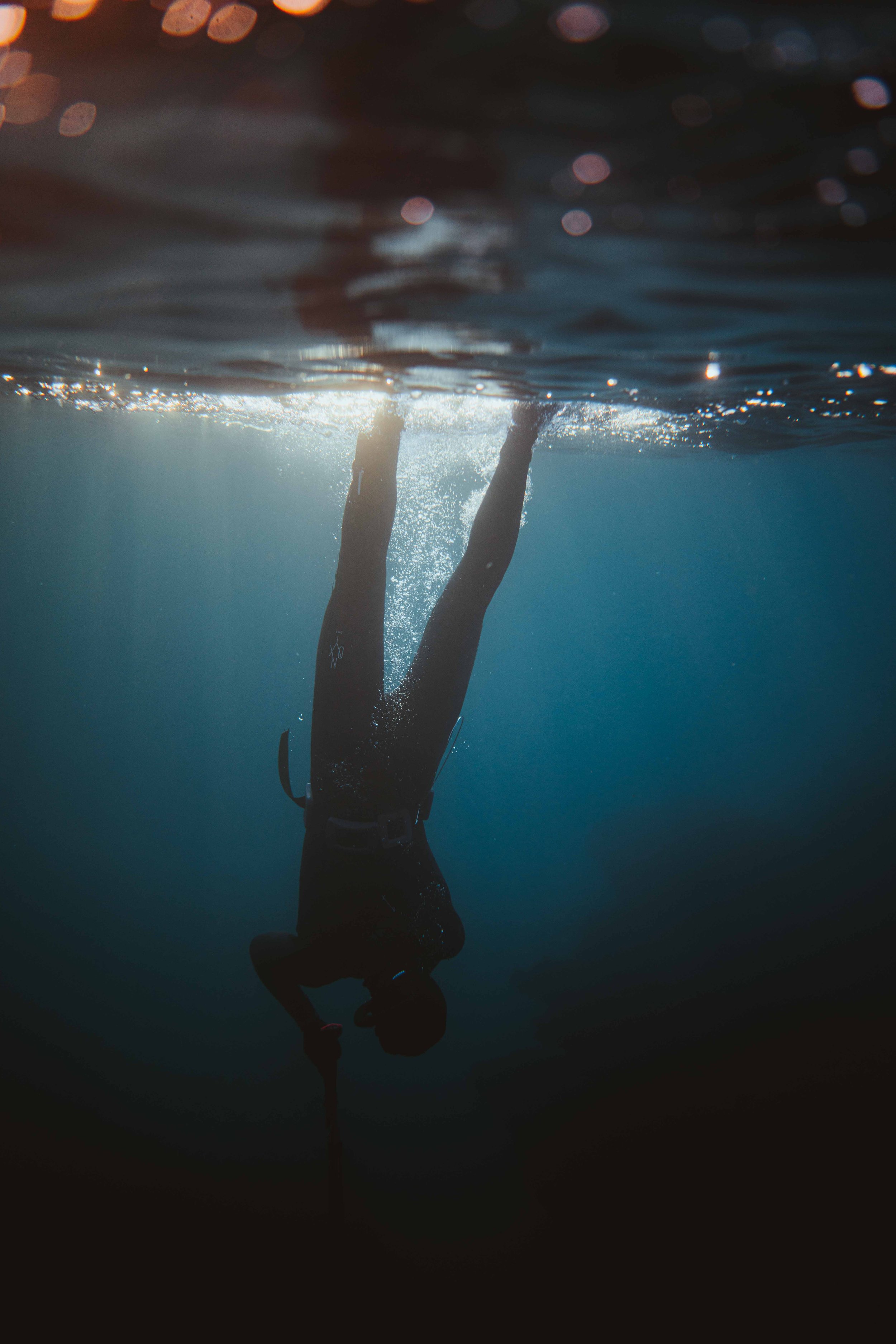
Photo: marcusfriedrich.media
We tend to consider things – in this case the state of the natural world – to be normal, the way we experienced them as we grew up. But because wild places have been destroyed for many decades or even centuries now, the state nature is in and was in while most of us grew up was nowhere near to normal, but already compromised, exploited or just straight up dead. So many of us don’t even know what state of healthy ecosystems we should even aim for. This phenomenon is called the shifting baseline syndrome. And it’s quite a problem in the communication for more wild ecosystems. Is it overambitious to reach for a state of wilderness, greater than that which we grew up with, in other words which we perceive as normal?
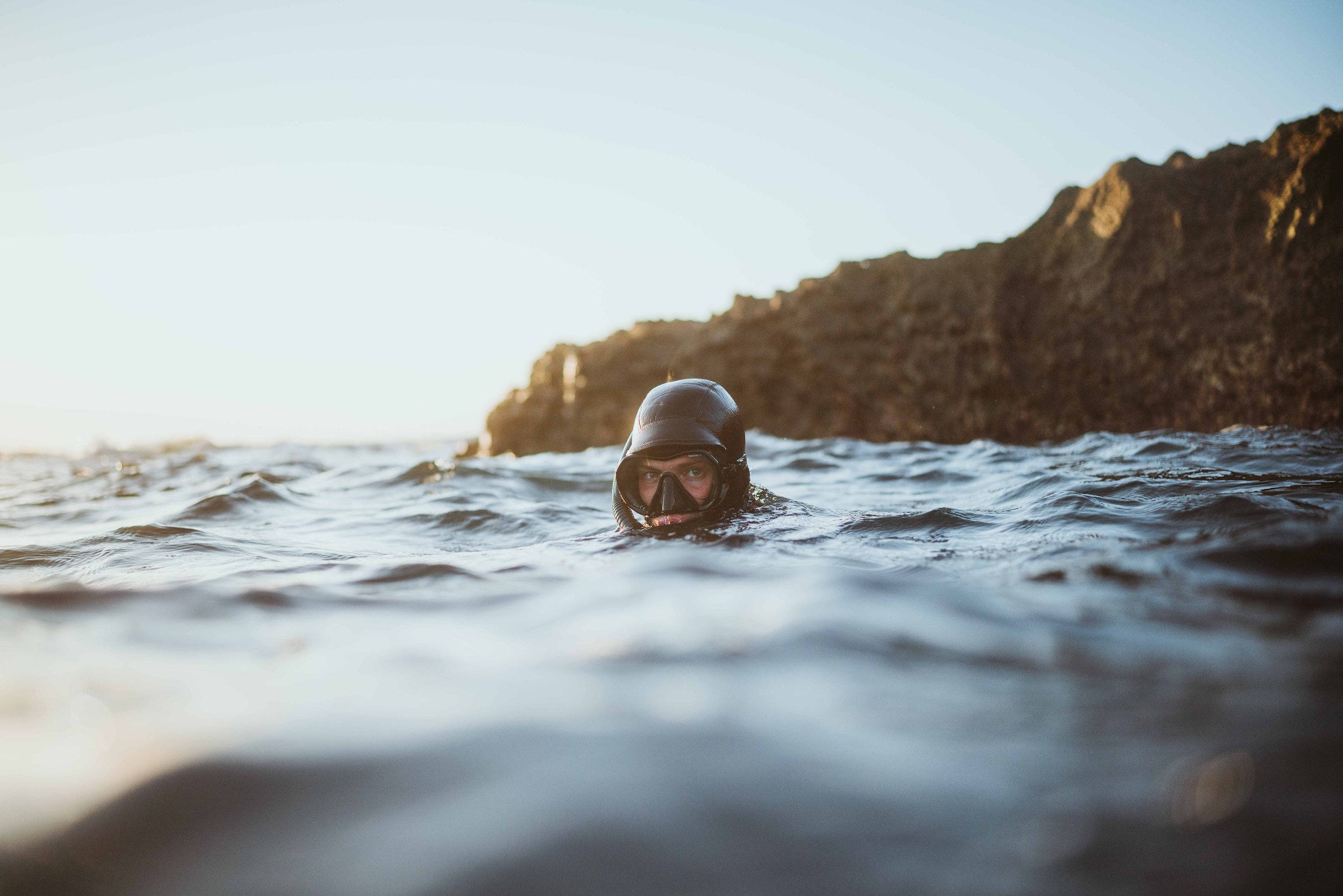
Photo: marcusfriedrich.media
Not only the baseline of what wilderness is, but also how much there is of it and who’s got access to it changed. Typically access to nature and wilderness is considered a privilege in western societies. And it’s true, whilst more privileged people live in houses with gardens and close to forests and parks, especially people with a lower income are confined to the pollution and natural depletion of the cities. But that’s a scandal. The wild should be accessible to everyone at all times!

Photo: Hedda Werres
When I think about it, it seems crazy to me, that what we have come to consider the normal setting for human habitat is a maze of concrete jungles and agricultural deserts. How can the original and healthy state of the world have become something extravagant? It’s just the right thing. It’s a healthy place for body and mind and – however cheesy that may sound – when you surrender to the wild, it gives you a strangely familiar feeling of belonging.

Photo: Julius Wenzel
Especially in a time where a whole generation is troubled by mental health issues, climate anxiety and a lack of purpose, we need such places of belonging. Places where people can recover and regenerate. I believe that wilderness offers such places. Unfortunately, it is becoming ever rarer. And many of that which exists is under a lot of stress, struggling to keep its balance. That’s why we at Sylvester want to start a movement to fight for it. Creating new wild spaces, around and within ourselves.
Let’s start by reimagining how wild our surroundings can be. By acknowledging that a wild patch of land should be more normal than a parking lot or a groomed lawn. Let’s start rewilding our minds and carry the wild into the world around us.

